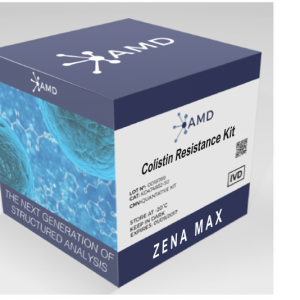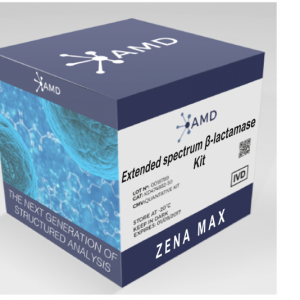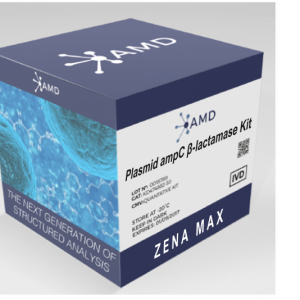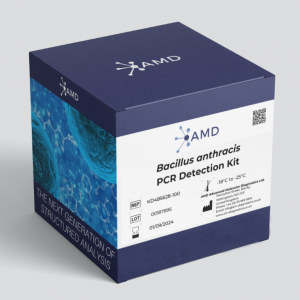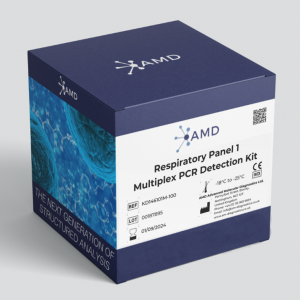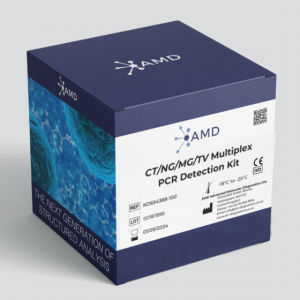Shop
Overview.
Antibiotic resistance (AR) is an ever increasing threat to human health, due to the microbes ability to withstand certain drug therapy. This ability which protects microbes from death stems from mutated genes caused by natural evolution or pressure on a population. These genes can be passed from microbe to microbe by horizontal gene transfer or by asexual reproduction.
These increased number of resistant genes prevent the function of antibiotics, leading to prolonged infection, and the increased risk of septicaemia, which can be fatal. Since antibiotics were discovered, more and more genes have been discovered to cause AR, each having their own specific properties. The most common form of resistance is the microbes ability to produce β-lactamase, which causes the hydrolysis of β-lactam (found in penicillin and cephalosporins).
Currently, the diagnosis of the exact type of infection can take around 36-48 hours depending on the diagnostic technique. However, recently technology has allowed molecular biology techniques to provide a significantly faster method of identifying the microbe causing the infection. By using molecular biology techniques to diagnosis the specific genes of antibiotic resistance, healthcare professionals will be able to prescribe antibiotics effective against the patients infection.
Showing all 6 results

